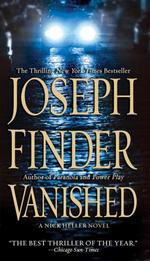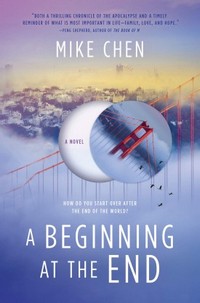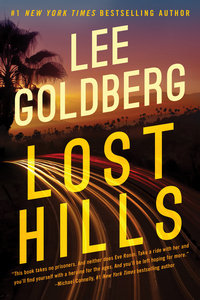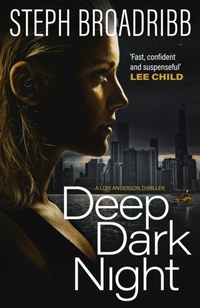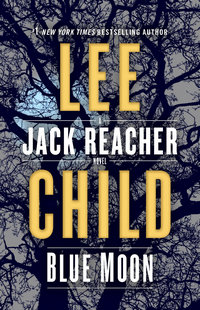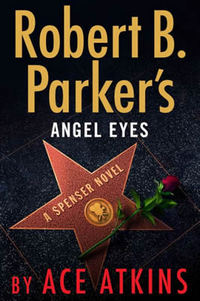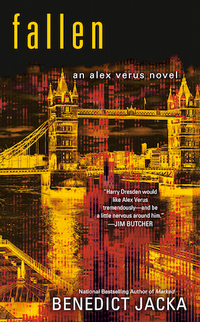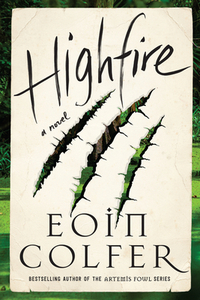 |
Highfireby Eoin Colfer Hardcover, 373 pg. Read: February 18-24, 2020 |

He knows where I live. And Momma, too.
Squib was marked and he knew it.
I gotta sort this out, he thought. I gotta get out from under that dragon.
Which is not a problem most people have to solve in their lifetimes. In general, most folk who get to meet a dragon only get to think about it that one time for about five seconds.
Here’s the punchline: I’m not sure I’ve read another book this year that was this much fun. It’s a great mix of comedy and action, with just a smidgen of heart. But best of all, it’s got a dragon. A fantastic dragon character. Sure, it’s been less than 2 months, so that compliment rings a bit hollow. Let me try again: pound-for-pound, this is one of the most entertaining books I’ve read in the last two years.
Vern (short for Wyvern) isn’t your typical dragon. In fiction, dragons tend to be old, wise creatures that act as sages who occasionally light something/someone on fire. Or they’re incredibly violent, greedy things (frequently incapable of thought). Not Vern. He’s over three thousand years old and has lived all over the world. He’s on the small side (relative to dragons, not humans), and is a little sensitive about it—and fictional depictions of dragons. When he’s asked about, for example, Game of Thrones, he responds:
“Game of Thrones? Are you tryin to push my buttons, kid Game of [expletive] Thrones! Those dragons are like servants—you see me doing any [expletive] mother of dragon’s bidding? I’d never serve humans!…[Expletive] lapdog CGI [expletive] fire lizards. Heap of [expletive]”
Most of Vern’s time is taken up by avoiding detection by humans, hanging out in a swamp near New Orleans, drinking Vodka and watching a lot of Netflix. He’s doing a Keto diet, loves Flashdance and the music of Linda Ronstadt. Like I said, not your typical dragon.
It’s not a great life, but it’s a safe one. Up until the day a fifteen-year-old known as Squib stumbles onto Vern’s existence while trying to avoid the local constable (who Squib just observed doing something very illegal).
Through some bad timing and a real sign of guts by Squib, Vern doesn’t kill him immediately. He eventually will bring Squib on as his go-between to the outside world. He’ll primarily be responsible for providing things that Vern can’t get— booze, food, etc. From this, a friendship of sorts develops between the two.
Which is great, because Squib needs a friend like Vern. You see, the constable has figured out that it was very likely Squib who witnessed his criminal act on the swamp, and now he hs to get ride of the boy before he finds a more honest legal authority to spill his guts to. While he’s at it, he’ll use Vern to advance his criminal career.
These two are going to have to lean on each other pretty hard if they’re going to get out of this okay.
That’s pretty much all you need to know.
I should talk a little about Squib (and his mother), but I’m not going to—he’s a fun character, but I want to focus on Vern.
In general, Highfire focuses on the biology, the history, and the life of dragons and those associated with them. In particular, it focuses on Vern’s his fire. Typically, I don’t remember getting a whole lot of information about a dragon’s fire. Colfer gives us a pretty thorough description of where it comes from, how a dragon can produce it, how it’s unlike the fire that humans are accustomed to, and so on. For example:
My fire don’t burn slow. No one ever got mildly scalded from dragon flame.
“Fulminated” was the word, or used to be.
A few pages later, he gets into a great description of how Vern lights his breath, and eventually, he’ll describe the effect that it has. We don’t get a lot about his flying ability (Vern doesn’t really get it either, beyond that the practical).
There are two action scenes in this book—they are both fan=fracking-tastic. It’s been months since I’ve read a fight/battle/action scene that grabbed me the way these did (pre-the last Lee Child, possibly the last two). The pacing, the detail . . . everything is just what you might hope it would be. The book is worth the time just for those two scenes.
There’s a great reference to Pete’s Dragon, The Princess Bride, and others. Vern’s a veritable font of pop culture references. Vern may be a crotchety old guy, he’s a great character. I really enjoyed that about him. There’s something to at least grin about on practically every page. Between the voice, the comedy and the great action scenes? This is a must-read for dragon friends (or just about anyone else).
Now, Colfer has written a few other Adult novels—I’ve read three of them. Plugged and Screwed share a similar voice (but are heavier on the violence), And Another Thing… couldn’t be more different, but he was playing in Adams’s sandbox with that one. But for people who’ve read his adult work, you’ll appreciate this if you don’t mind a dash of fantasy. If you’ve read this and liked it–and you don’t mind the lack of fantasy–get on his other adult work. I wouldn’t say that Highfire is appropriate for most of Colfer’s younger readers, but a mature teen reader could handle it as long as he realizes this isn’t going to be along the lines of the Artemis Fowl books.

This post contains an affiliate link. If you purchase from it, I will get a small commission at no additional cost to you. As always, opinions are my own.
![]()



